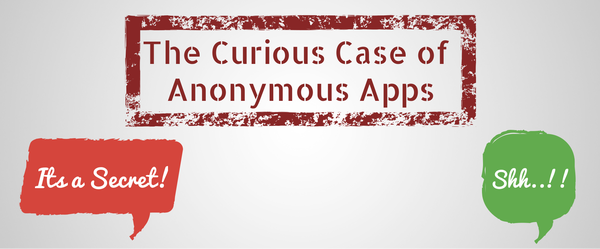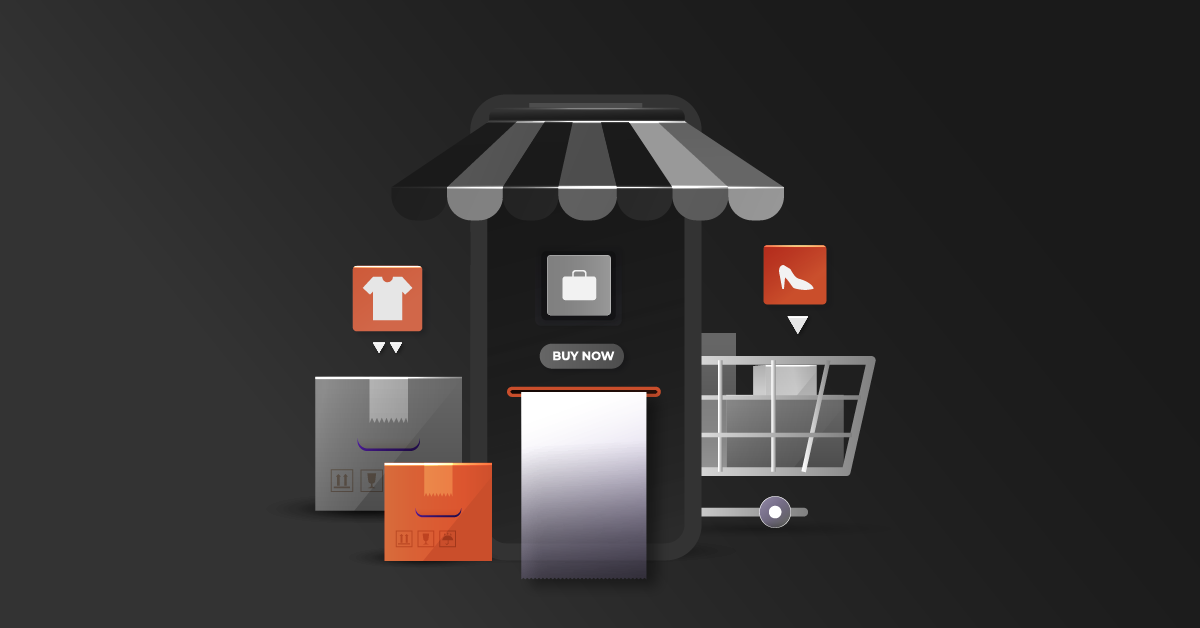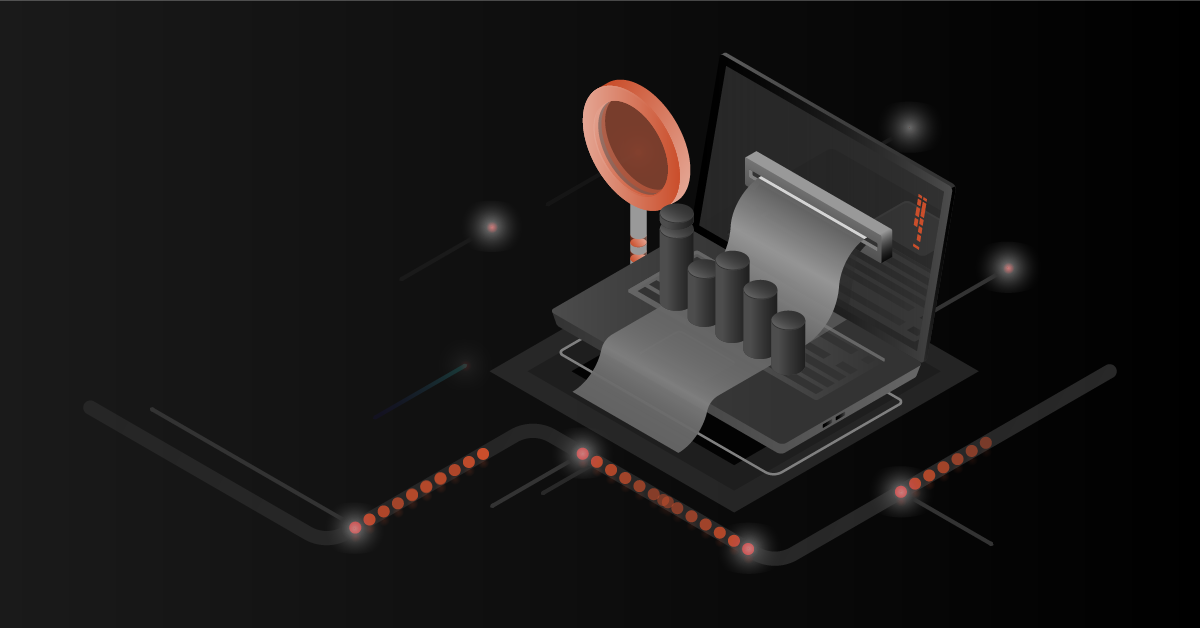There was a time when a connected environment was “the strategy” that every technology company wanted to implement. This strategy was instrumental for emerging billion dollar companies such as Facebook, Twitter, and Instagram. As they brought people into this connected environment, they found that people were happy to share their feelings through status messages, pictures, videos, and more. Looking at this emerging channel, other companies jumped onto the bandwagon hoping that this route would be helpful in engaging with their target audience.
But what we are observing now is apps like Snapchat, that is competing with Facebook for their young customer base and anonymous apps like Secret, Whisper, and Yik Yak are creating a new dimension to sharing information. The trend that we are noticing is that these apps are growing in market share along with a new app popping up in this anonymous family on a monthly basis. The latest addition to this list is Cloak, which reportedly does not even need an email to sign up. These apps allow a person to share messages without any identity. Later, these messages are fed into the person’s contact list, and as the status message gains popularity it grows across the network. With each app promising more and more customizations with respect to anonymity, the future seems very secretive.
If we look at the reason why these apps have come into existence is that there is a scientific and a psychological theory to it. The scientific reasoning to this mounting anonymous development is the growing belief that the NSA or other government agencies such as Homeland Security are snooping into every possible internet activity and misusing user data obtained through companies such as Google and Facebook. This has certainly created a cloud of insecurity among people in sharing their information freely across the internet.
The other, more psychological reason behind these anonymous apps is that people share their happy feelings such as the birth of a new child, vacation or wedding pictures, or even checking into restaurants, on apps like Facebook, Twitter or Instagram. But there is a secretive side to every person in this world which no one wants to reveal. These anonymous apps are perfect to fulfill those innate needs of that secretive side.
The growing trend of these secretive apps and the kind of information shared has created a stir on many occasions.
This message about Evernote posted anonymously in the secret app created an uproar in the valley and finally Evernote CEO Phil Libin had to clarify their perspective.
@jon Not a shred of truth to this, FWIW.
— Phil Libin (@plibin) February 6, 2014
Also there have been
incidents where high schools have banned these apps because of the intense bullying some students had to face through these apps.
We as internet users have seen what an open environment with an identity can do to us, it only allows us to create a internet footprint which can be used by hackers to collect our information or for companies to target ads based on our behavior. This new revolution of anonymity can help us be ourselves by revealing our true feelings thereby creating a completely new dimension of what is currently shared in the internet. But we must remember that, the more we tend to use these apps for negative purposes the true intention will not be served. So it’s in our hands to use this power responsibly and express ourselves freely without any barriers.






